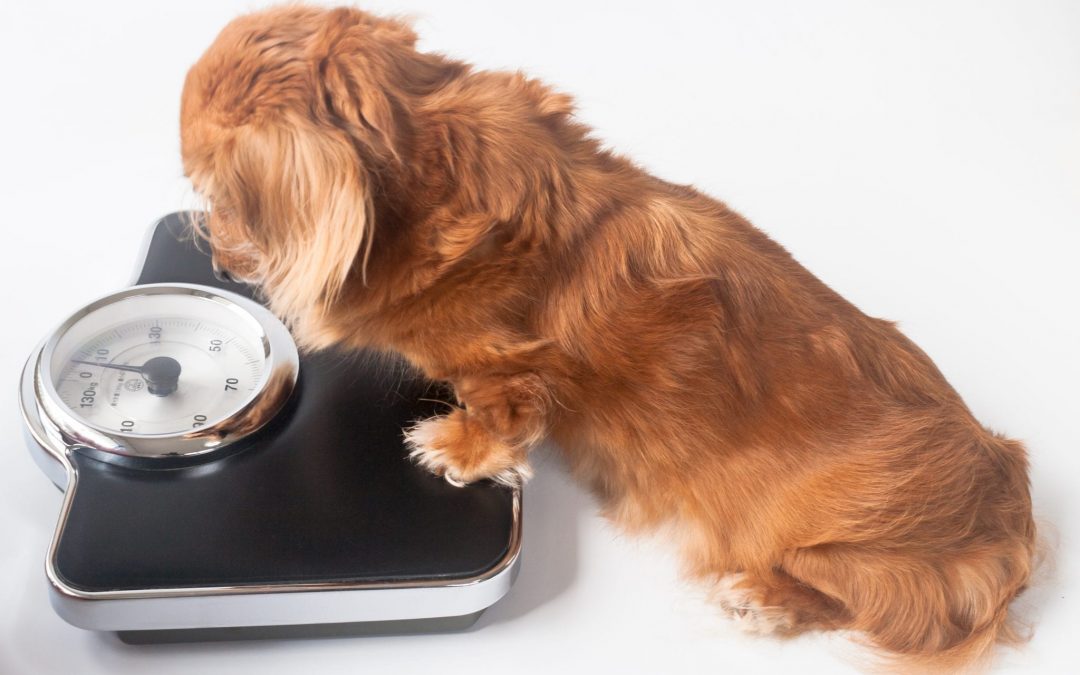How can you resist those adoring eyes your pet gives you when you’re eating something, surely a small amount won’t hurt? Although it may be hard to resist giving your pet an extra treat or a little bit more food when they show off their puppy dog eyes, obesity is a serious concern and can lead to a number of potential serious health concerns and even shorten their lifespan.
When your pet becomes overweight or obese it creates a range of health related issues. Not only does it place stress on your pet’s vital organs and joints, it can potentially cause heart problems, pancreatitis, cushing’s disease, diabetes, liver and renal issues.
Dr Bridget Brown, Animal Welfare League Queensland (AWLQ) Senior Veterinarian, says with almost half of dogs and one third of cats in Australia being overweight or obese^, Australian veterinarians are seeing a dramatic increase of pets waddling into their clinics with health issues due to being overweight.
“Pets may be overweight due to a number of factors – overfed, a high-fat diet, or lack of exercise. If you are concerned about your pet’s weight, the first step is to consult your local veterinarian, who will perform a thorough health exam of your pet and assess the body condition score of your animal.
“Your vet will then discuss with you the healthy weight range for your pet and help you formulate a weight loss plan involving diet choices and exercise options,“ said Dr Brown.
There are varied opinions on animal diets; however, there are two common options:
- Premium dry food – it is entirely acceptable to feed your cat or dog a good quality dry kibble (biscuit) only diet. You can mix this up with a small amount of good quality wet food, sardines (in spring water), cooked meat, fish or vegetables and rice.
- A natural diet – while a natural diet such as cooked vegetables mixed with lean cooked meat can suit some dogs very well, ensure you choose human-grade meat, practise good food hygiene and have a veterinary nutritionist formulate the diet for you.
Dr Brown adds that many dogs lack enough fibre in their diet. “The addition of cooked pumpkin or grated carrot can improve their bowel health. Boiled pumpkin or carrot can be mixed with some other vegetables, or a small piece of lean meat.
“It is always best to consult your veterinarian as your pet’s diet will depend on the individual needs of the animal. How much a pet should eat depends on a lot of things – how much exercise they get, their breed, size and any health issues that might require special dietary requirements, especially if it is a mature animal,” said Dr Brown.
Important tips:
- Never give your pet chocolate, garlic, onions, grapes or raisins, macadamia nuts and never give cat food to a dog. No raw meat, chicken or fish for risk of salmonella. No milk to either dogs or cats as they are lactose intolerant.
- As much as dogs love fresh bones, it is best not to let these be consumed. Bones contain high amounts of fat, can chip teeth and become lodged in your dog’s throat or stomach.
- If your pet consumes something it shouldn’t always seek veterinary advice.
Reference
^ Prevalence of obesity in dogs examined by Australian veterinary practices and the risk factors involved. Vet Rec. 2005 May 28;156(22):695-702.
Download a copy of AWLQ’s Managing obesity in pets brochure here.





Recent Comments